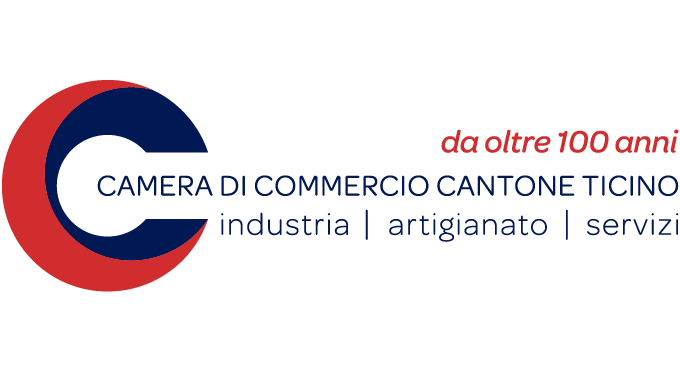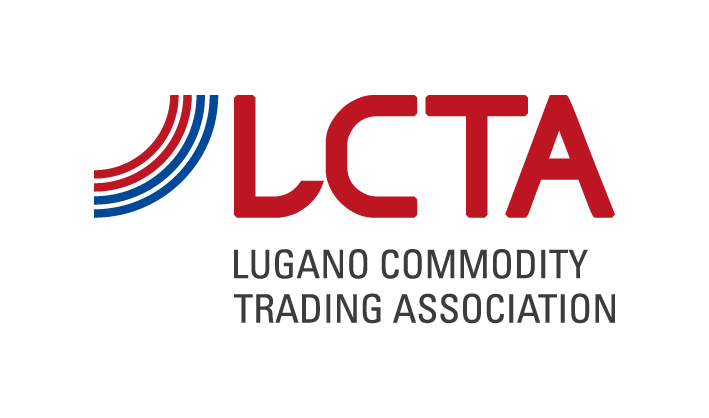Switzerland’s sanctions: where we stand
Description
In an increasingly complex international context, the sanctions landscape is likewise growing more complex, whether in terms of how they are adopted and implemented, the number of nations affected or even the types of penalties themselves.
Switzerland has independently participated in the United Nations’ non-military sanctions program since 1990. Following its membership in the UN, our Country is now required by international law to implement non-military coercive measures adopted by the UN Security Council. On March 4, 2016, the Federal Council enacted the Ordinance on the automatic application of the UN Security Council’s sanctions lists, which gives modifications to the UN Security Council sanctions lists immediate legal effect in Switzerland.
On the basis of the UN sanctions, Switzerland has instituted so-called “embargo” measures in the form of Federal Council Ordinances. As of January 1, 2003, these are based on the Federal Act on the Implementation of International Sanctions (Embargo Act, EmbA). Switzerland can also order measures in application of the sanctions of the Organization for Security and Cooperation in Europe or of its main trading partners, as it has for instance been the case with the European Union in recent measures regarding Belarus or the situation in Ukraine.
Sanctions can be of various types: related to goods (e.g. prohibitions on providing armament and related material, dual-use goods and/or equipment, technology and software for inspection purposes), financial (blocking of assets and economic resources, prohibitions on making assets available, mandatory declarations for blocked values), travel, and so on.
With the support and involvement of the State Secretariat for Economic Affairs (SECO), we will examine the Swiss sanctions landscape, with a focus on the complex package of sanctions against Russia, while also emphasizing obligations and responsibilities for businesses.
Program
16:00-16:10 | Introduction and moderation
Monica Zurfluh, Head of International Trade, Cc-Ti & Secretary General, LCTA
16:10-17:10 | Swiss sanctions
Rebekka Strässle, Head of Sanctions Division, State Secretariat for Economic Affairs (SECO)
17:10-17:30 | Q&A
17:30-18:30 | Networking apéro
Language
English
Target audience
C-Level & employees in the Legal & Compliance as well as the Logistics/Import-Export Departments.




